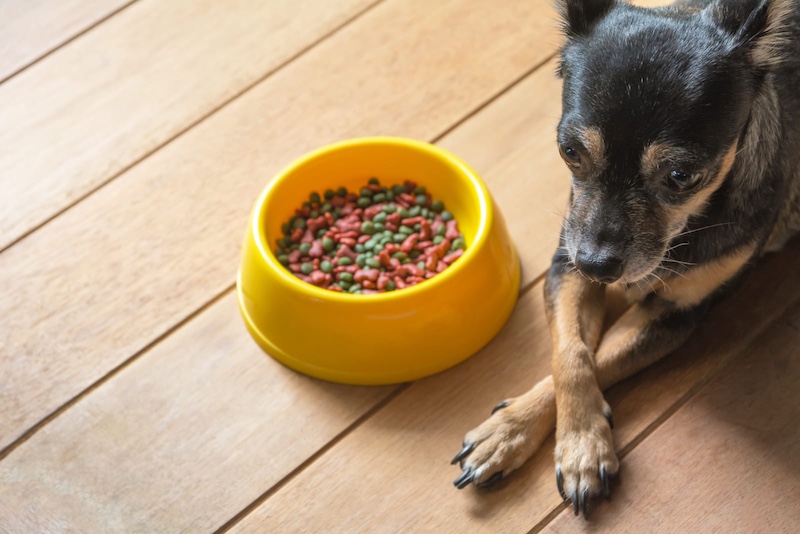Food aggression is a form of resource guarding in which a dog becomes possessive and potentially aggressive when eating or around food. Any dog can develop food aggression, but some breeds are more predisposed to this behavior due to genetics, instincts, and temperament. Recognizing the breeds that may be prone to food aggression can help dog owners take proactive steps in training and management.
Cocker Spaniel
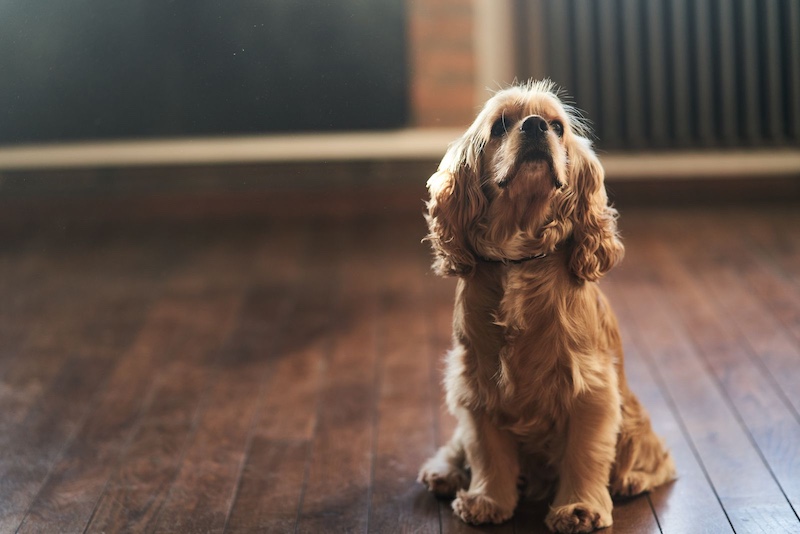
Despite their sweet appearance, Cocker Spaniels are frequently cited in studies about food-related aggression. According to research published in Applied Animal Behaviour Science, Cocker Spaniels rank high among breeds most likely to display food aggression. Their sensitivity, combined with anxiety or fear-based reactions, can lead to guarding behaviors.
English Springer Spaniel
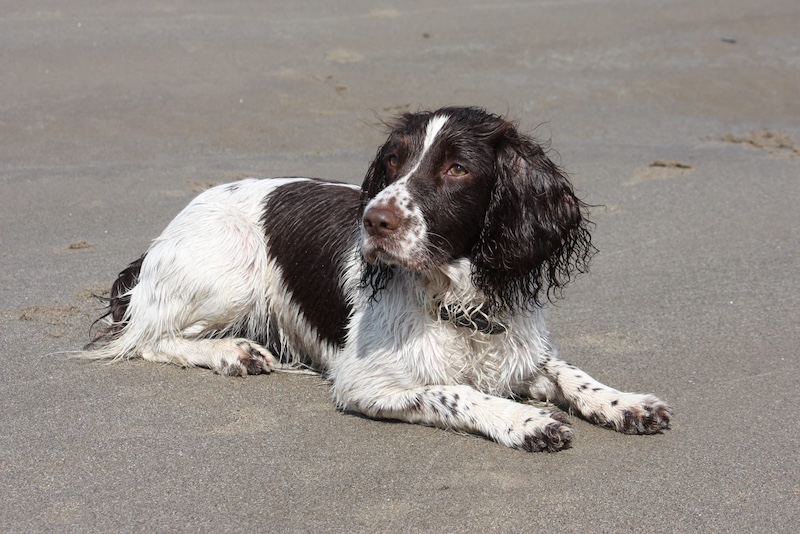
Closely related to the Cocker Spaniel, the English Springer Spaniel has also shown a higher risk for aggressive behaviors tied to resource guarding. A study by the University of Pennsylvania identified “Springer Rage Syndrome,” which can include food-related aggression. While rare, this highlights the need for careful training and early socialization.
Chihuahua
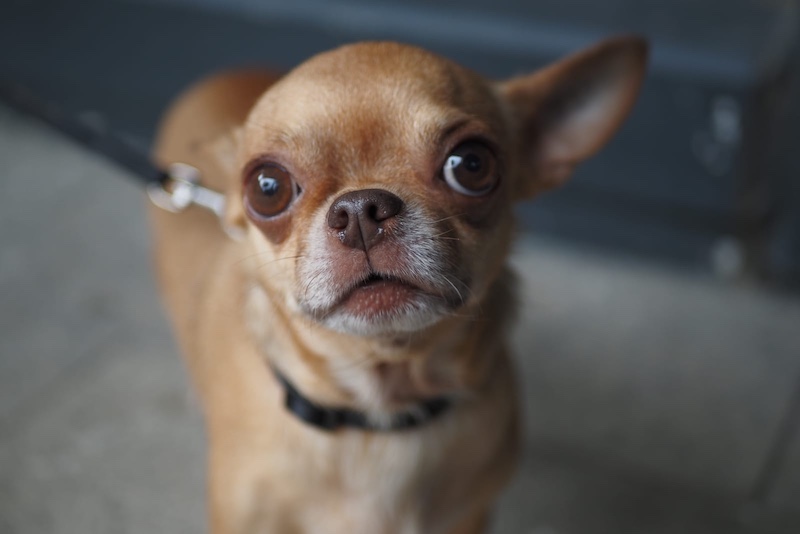
Chihuahuas, despite their small size, can be fiercely protective of their food. Their assertive personalities and tendency to bond strongly with one person can make them more defensive around meals. Because of their size, many owners unintentionally reinforce the behavior by not correcting it early.
Dachshund
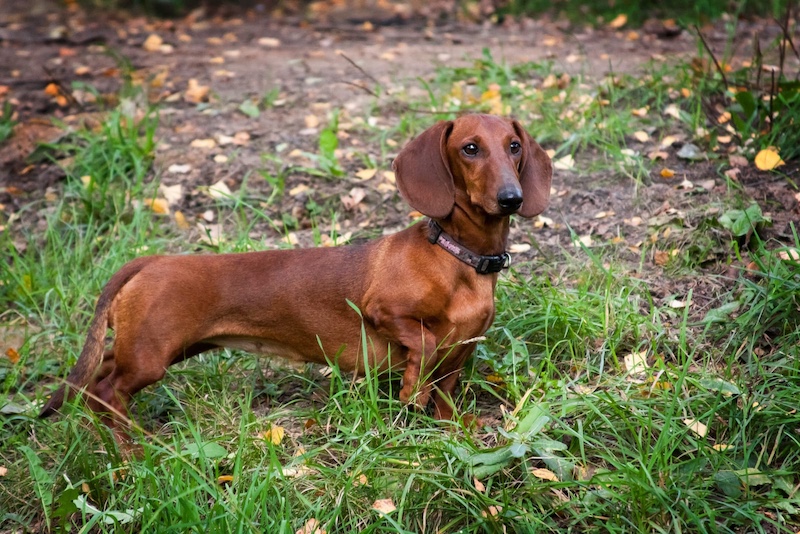
Dachshunds are independent and bold, often showing signs of guarding behaviors, especially around food and toys. According to a study in the Journal of Applied Animal Welfare Science, Dachshunds were among the top breeds reported for aggression toward both people and other dogs.
Jack Russell Terrier
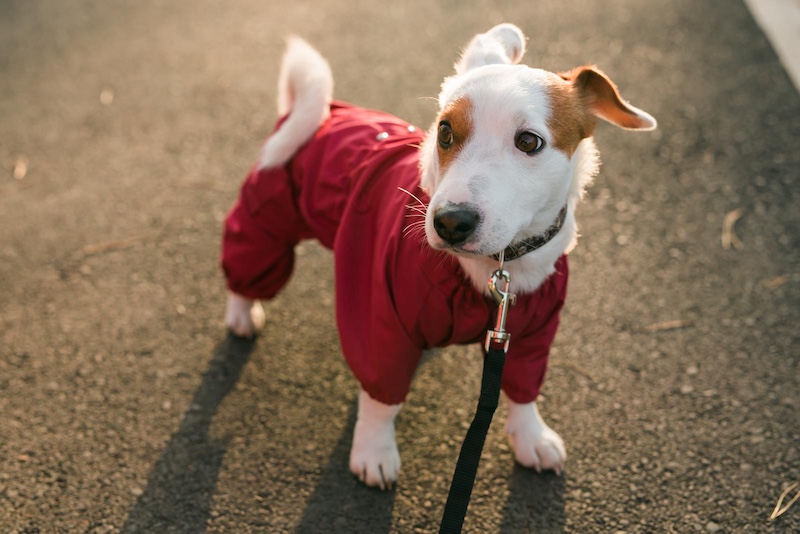
Originally bred to hunt and dig, Jack Russells have a strong prey drive and an assertive personality. Their intensity can spill over into feeding time, where they may exhibit growling or snapping to protect their meals. Without consistent boundaries, this behavior can escalate.
Rottweiler
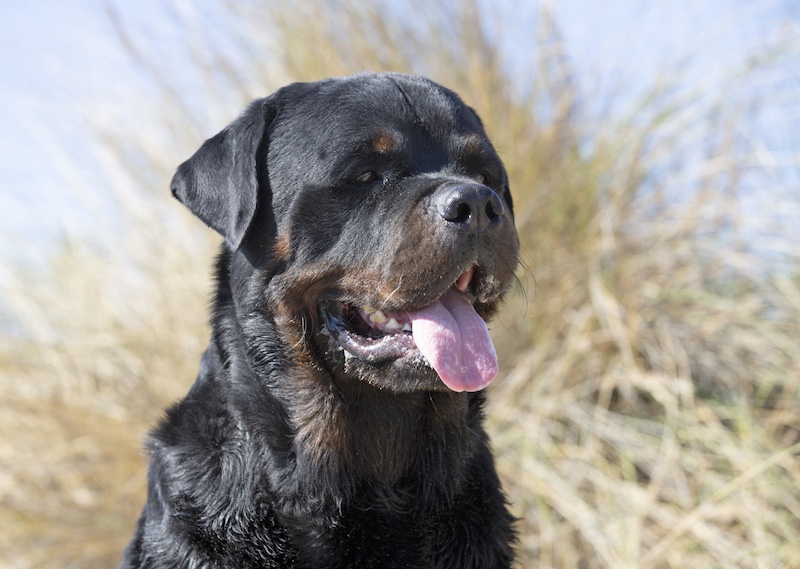
Rottweilers are known for their loyalty and protectiveness, which can sometimes manifest as food guarding. Their large size and strength make it especially important to address any signs of food aggression early. Proper training and socialization from a young age are key.
German Shepherd
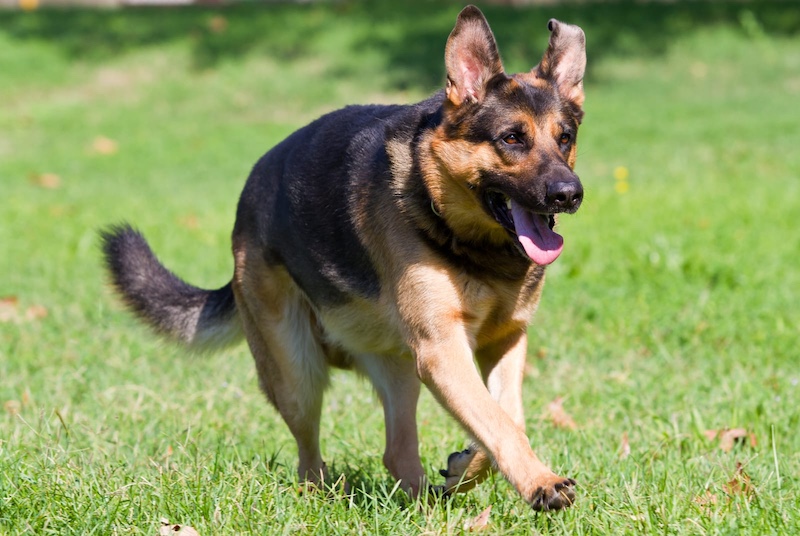
German Shepherds are highly intelligent and protective by nature. These traits, while useful in working environments, can lead to possessiveness over food. Some German Shepherds may react aggressively if they feel their food is being threatened, especially in multi-dog households.
American Pit Bull Terrier
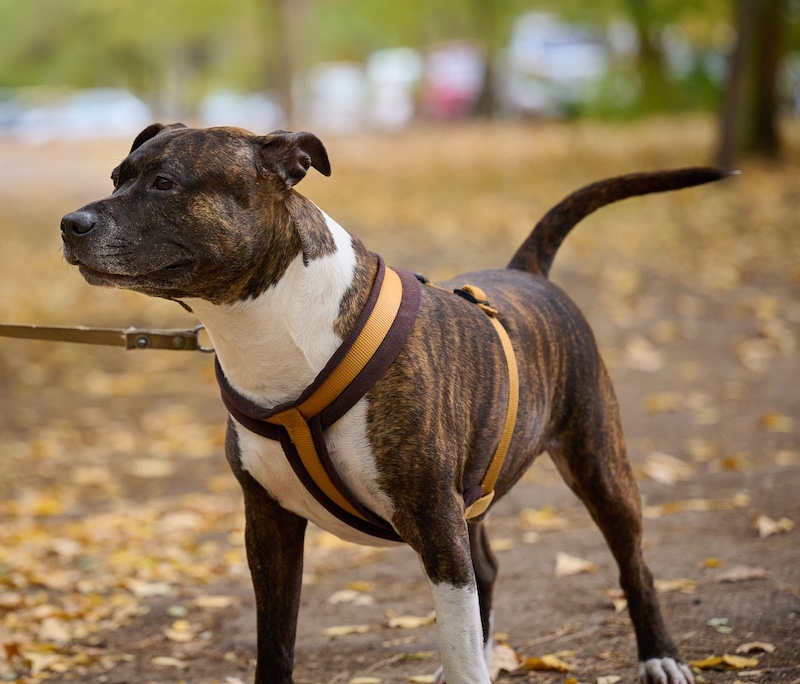
Pit Bulls are often misunderstood, but like many strong breeds, they can be prone to resource guarding if not properly trained. A study by the ASPCA found that food aggression can be more common in shelter Pit Bulls, possibly due to past neglect or inconsistent feeding.
Lhasa Apso
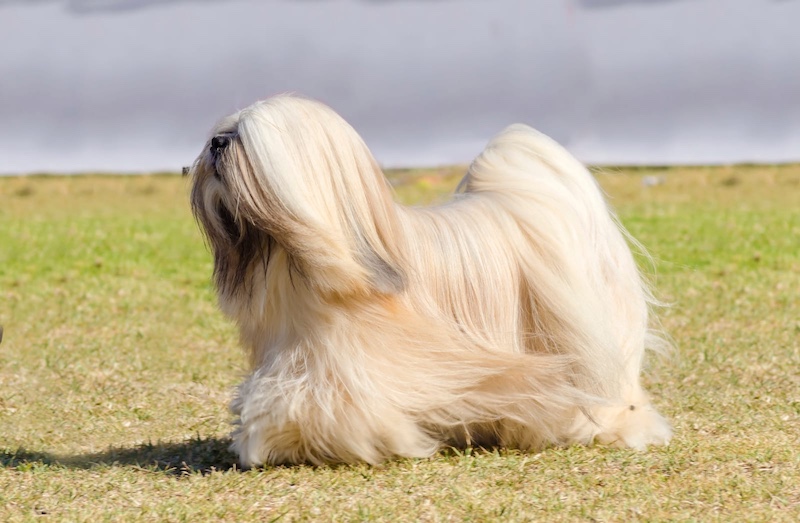
Lhasa Apsos may be small, but they were bred to guard Tibetan monasteries, and that watchdog instinct remains. Some Lhasas may guard food as they would any other valued resource, especially if not taught to share or eat peacefully.
Beagle

Beagles are scent hounds with a strong food drive. This intense motivation for food can sometimes lead to guarding behavior. Their persistence in getting food—paired with a tendency to eat quickly—can result in growling or snapping if approached during mealtime.
- Please Note: This content was created with the assistance of AI and thoroughly edited by a human before publishing.

